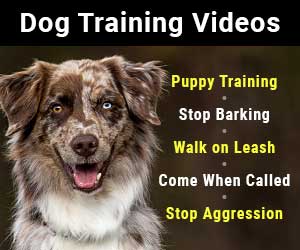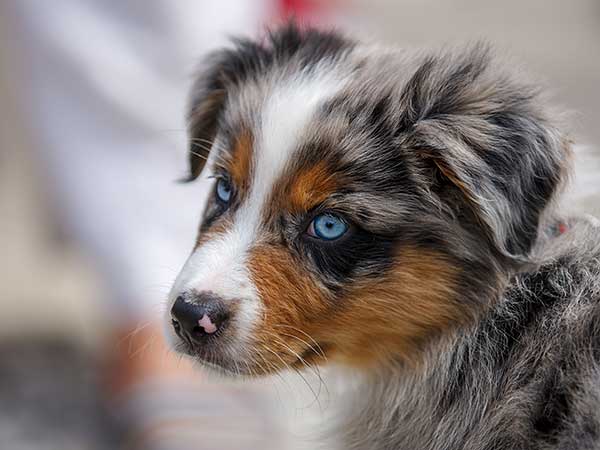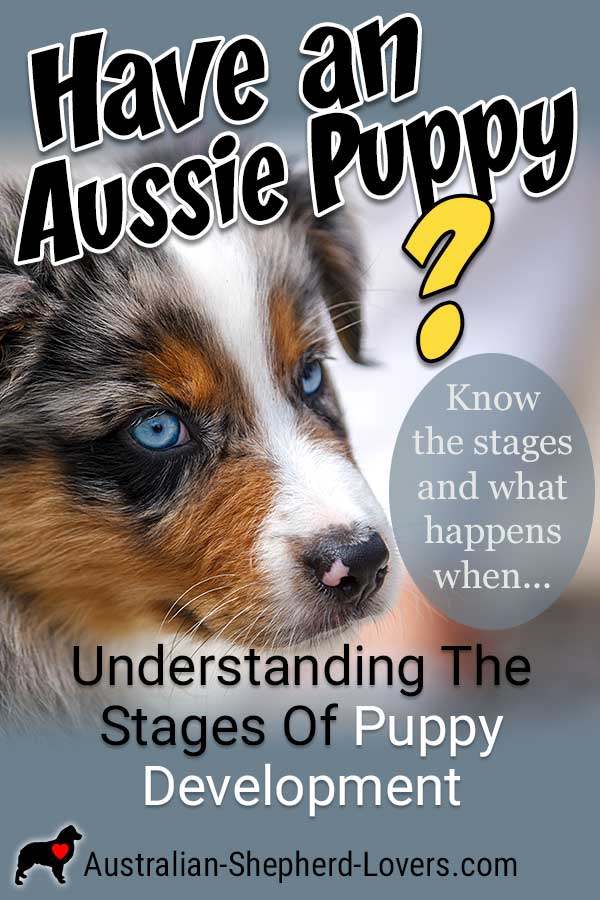
Understanding The Stages Of Puppy Development Provides Lifelong Dividends
Puppy development is really not that far off from the development of humans. Like us, our four-legged friends come into the world in a vulnerable state and go through developmental phases during which they experience the world around them and learn the skills they'll need to take them through the rest of their lives. Not surprisingly, those first years of a puppy's life can be extremely influential and so it's important to understand exactly what happens and when.
Birth to two weeks – during this earliest stage of life a puppy will have fully developed senses of taste and touch, but the other senses will not be as strong. Because it is still completely dependent on its mother for all regular needs, she remains the biggest influence in her puppy's life.
Two to four weeks – this is considered the transitional stage of puppy development. The senses of hearing and smell will begin to develop; the eyes open and the teeth begin to appear. The puppy will begin to stand, wag its tail and bark and will interact more with its littermates. By the fourth or fifth week, the eyesight will be well developed and more detailed exploration of the world is about to begin.
Three to twelve weeks – socialization begins in earnest as the puppy starts interacting with other species, including humans. Play becomes more important during this period as it is the initial way for a puppy to learn what will become vital skills, including improving its physical coordination, developing social boundaries and learning the inhibited bite. This period is also when the pup first becomes aware of the "pack" hierarchy. By seven to nine weeks, a puppy has full use of its senses and can begin to be house trained. It will also experience its first real fear reaction to common household items and will need positive reinforcement.
Three to six months – By this time, puppy development will have advanced to the point where ranking within the hierarchy is seen. People will be included in this, regarded as the top level or leaders of the pack. Teething and chewing begins and play develops further. At about four months of age another fear stage kicks in, requiring yet more positive, supportive reinforcement.
Six to eighteen months – As a puppy begins to grow and gain strength, he may begin challenging humans as he explores his dominance within the pack. At seven to nine months, a puppy will enter a second chewing phase and, if it hasn't been spayed or neutered, will begin to experience the first stages of sexual behavior.
All Stages Of Puppy Development Are Important But The First Twelve Weeks Are The Most Critical
Each of these steps of puppy development is critical, but particular emphasis is put on the first twelve weeks of life, during which a pup can be taught skills that will stay with it for the rest of its life. Experts believe that this period is crucial to ensuring that a dog grows into a well-balanced and easily trained adult. This holds true for all breeds but is of particular interest to Australian Shepherd owners, for whom proper training will be essential.
While most dogs are considered puppies through age two, puppy-like behavior can last longer for some breeds and may end sooner for others. Whatever the case, the early stages of development are always most important and should never be taken for granted.
Remember, you only get once chance to raise your puppy right, so make sure you give him all the love and care that he needs to grow up happy and healthy.
If you have a puppy and you want to get their training started on a solid foundation I highly recommend the online video-based dog training program created by professional dog trainer, "Doggy Dan". Click here or the link below to learn more about Dan's program and get started training your puppy.
Have Dog Training Questions?
Check out these introductory dog training videos...
I want my dog to stop being aggressive.
I want some help training my new puppy.
I want my dog to stop barking at everything.
Get Australian Shepherd Info, Website Updates, Special Offers, and Cartoons...
FREE GIFT
You'll also receive a free copy of the ebook
My Everyday Dog Training Tools
by professional dog trainer Daniel Abdelnoor, "Doggy Dan"













